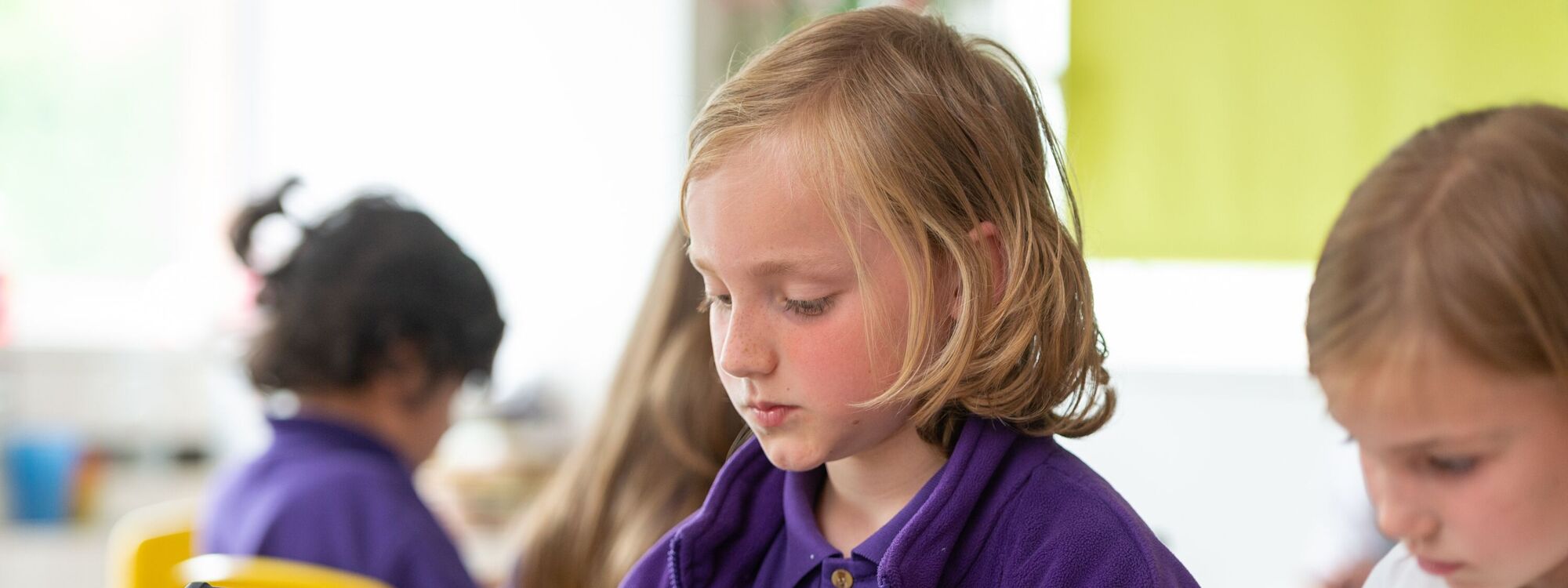
Intent
At Crofton Schools we respect and value all children and are committed to providing a caring, friendly and safe environment for all our pupils so they can learn, in a relaxed and secure atmosphere. At our schools, we are committed to promoting positive mental health and emotional wellbeing to all students, their families and members of staff and governors. We pursue this aim using both universal, whole school approaches and specialised, targeted approaches aimed at vulnerable pupils. Our open culture allows students’ voices to be heard, and through the use of effective policies and procedures we ensure a safe and supportive environment for all affected - both directly and indirectly - by mental health issues.
Crofton School’s Safeguarding & Pastoral Team is passionate about making a difference to the lives of young people. We believe in teamwork; working with each other, with teachers and colleagues across the school, with the wider school community and most importantly with the young people in our school. We act with determination. Whatever issues our pupils, their families, the school, our team or the community face, we always support, respond and pull together. Finally, we are committed to making a difference; we are not passive players in young people’s lives but active participants who can and do make a real difference. Our Statement of Mental Health and Pastoral Intent is a reflection of the school’s curriculum intent statement and our core values: Creative, Resilient, Optimistic, Friendly, Tolerant, Open-Minded and Neighbourly.
What Inclusion and Effective Mental Health Interventions Means To Us
- The child stays at the centre of every conversation.
- We prioritise those who need our help most, but we intervene with all.
- When young people are here, we can support and educate them – attendance matters.
- Young people learn best when there are clear rules and simple consequences.
- Staff teach best when there are clear rules and simple consequences.
- We use evidence-based practice for all our interventions.
- Staff and pupils work best when they are valued, respected and heard.
Expectations of Each Other
- Notes are kept up to date.
- Have read and understood section one of Keeping Young people Safe in Education.
- Make sure we know and share our behaviour, attendance and safeguarding policies and protocols.
- Attend duties to support the wider school community.
- Attend meetings on time and are prepared.
- Ensure pastoral work is evidenced.
- Speak to pupils, staff and each other with courtesy, respect and understanding.
Safeguarding
- Safeguarding pupils comes above everything else we do.
- All staff across the school have training annually with reminders throughout the year at briefings, staff meetings, INSET days and via email updates.
- All new staff and volunteers have safeguarding training as part of their induction.
- All staff at the school recognise that safeguarding is everyone’s responsibility, that they should have read and understood section one of Keeping Young people Safe in Education 2021, that early intervention is key and that context matters.
- All notes are kept securely.
- The Senior Mental Health Lead is an expert in this field supported by the Pastoral Team, including an ELSA and/or Learning Mentor.
Attendance
- Parents and staff have a role to play in ensuring each child attends school.
- Teachers assist by providing ‘first wave’ support, checking in with pupils who have poor or low attendance.
- All of the Safeguarding and Pastoral Team work to remove barriers to good school attendance.
- We work together with external agencies to address and remove barriers to school attendance, we have a dedicated Education Welfare Officer from the London Borough of Bromley.
- We prioritise pupils who are classed as disadvantaged, SEMH or SEN, however, we are passionate about providing the same support to all pupils, irrespective of background.
- We follow the protocols which are in place, acknowledging that each child and situation is different and adjusting as required.
Behaviour
- Good behaviour allows for teachers to teach and pupils to learn.
- Our Behaviour Policy is built on our school Values.
- We have a moral obligation to prepare young people for the rigours of work and life beyond education.
- We are here to educate the whole child, helping with their moral and personal development.
- We apply the protocols for each student, acknowledging that each child and situation is different and adjusting as required.
- We prioritise pupils who are classed as disadvantaged, SEMH or SEN, however, we are passionate about providing the same support to all pupils, irrespective of background.
- We make reasonable adjustments for pupils with special educational needs or vulnerable pupils.
- We have a support-based system; after each sanction comes a level of support.
- We involve parents in supporting their child to improve their behaviour.
Pastoral Care / Mental Health
- Pastoral support is driven by our Intent (see previous page).
- We do not give up on pupils and constantly look for ways to support them.
- Our interventions are directed by evidence-based practice.
- Our staff are passionate about becoming experts in their field around pastoral and mental health support.
- We work with numerous external agencies to support our pupils.
- We recognise that early intervention is vital.
- We involve parents as appropriate in the support which we put in place.
- Our interventions are assessed and evaluated using entry and exit questionnaires.
- The mental health of our pupils and staff is of the highest priority.